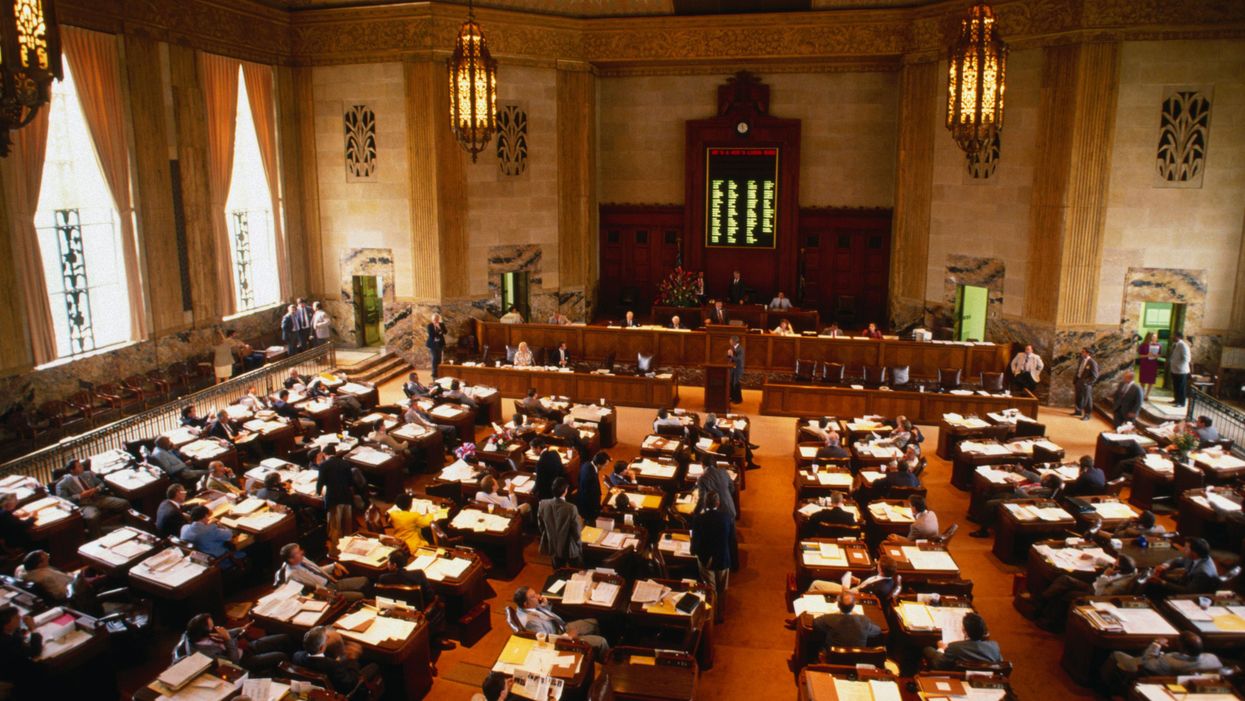Gifford is the founder and chief operating officer of ActiVote, which works to increase voter participation and civic engagement. ActiVote is partnering with the National Vote at Home Institute on a week-long event to highlight bills that affect voting in your state.
Voting rights bills are in the spotlight. Last week, Florida Gov. Ron DeSantis signed a bill into law, live on Fox & Friends, joining Georgia, Arkansas, Iowa and Utah in a post-2020 frenzy to change rules and procedures surrounding voting.
More than 1,000 bills have been introduced in state legislatures around the country this year, touching all aspects of the way we cast votes. Some are restricting voting rights; others are expanding them. Some voters may have heard about the bills that get national attention, such as the controversial new law in Georgia, but most have little idea what is happening in their own state legislature.
Helping voters cut through the noise and know exactly what is happening in their state and in Congress is the core mission of ActiVote. Our nonpartisan app ensures that every voter can see all bills that affect them personally, see the candidates that they can vote for, and see where their candidates and legislators stand on the political spectrum.
This week ActiVote is teaming up with National Vote at Home Institute to spotlight all aspects of mail voting. The institute has catalogued and summarized all voting bills and offers the advice that we should be "alert not anxious." In the event, we feature educational summaries from NVHI explaining voting by mail, including signature verification, ballot drop boxes, risk-limiting audits, preprocessing of ballots, ballot tracking and curing, permanent absentee voter lists, prepaid postage and voter data integrity. Everyone can weigh in on where they stand on each of these topics by answering the survey.
Previous studies have shown that voting at home is not a partisan issue: Many people across the political spectrum prefer to have the time to sit down to study their ballot and the candidates for all the various races when they make their choices. At the same time, people want to make sure that their ballot arrives on time, is counted and, of course, that our elections are safe and secure. Many are uncertain about how to ensure that convenience for the voter and security of our elections can go hand in hand.
We believe that this week's event is an excellent opportunity for everyone supportive of convenient and secure elections to learn more about everything related to voting at home, see which bills are going through their state's legislature and to let their voices be heard in the event surveys.
Share your opinion on the various components of the bills in ActiVote surveys.



















